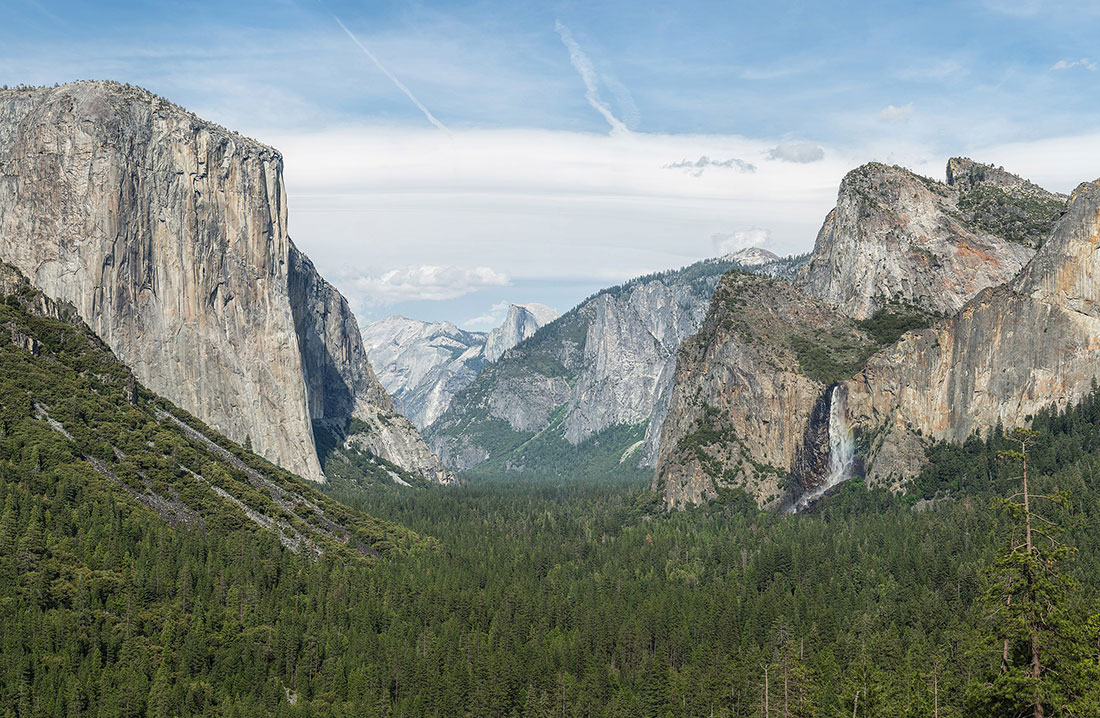Green Legacy Lost: How Trump Broke the Presidential Environmental Tradition

Earth Day: A Crucial Call to Environmental Action
Since its inception in 1970, Earth Day has been a powerful platform for raising awareness about our planet's fragile ecosystem. Now, 55 years later, this annual event has never been more critical. As environmental challenges intensify, Earth Day 2025 stands as a beacon of hope and a rallying cry for global environmental protection.
On April 22nd, passionate citizens across America will unite in Earth Day observances, demanding decisive action to safeguard our planet's future. The urgency is palpable—our natural world faces unprecedented threats from policies that prioritize short-term economic gains over long-term environmental sustainability.
The political landscape has dramatically shifted the stakes for environmental conservation. Previous leadership demonstrated a troubling disregard for climate science, with some political figures dismissing global warming as a mere fabrication. This attitude has undermined critical environmental protections and delayed necessary climate action.
Earth Day 2025 represents more than a commemoration; it's a powerful movement calling for responsible stewardship of our planet. As environmental challenges grow more complex, collective action becomes increasingly essential in preserving our shared home.
